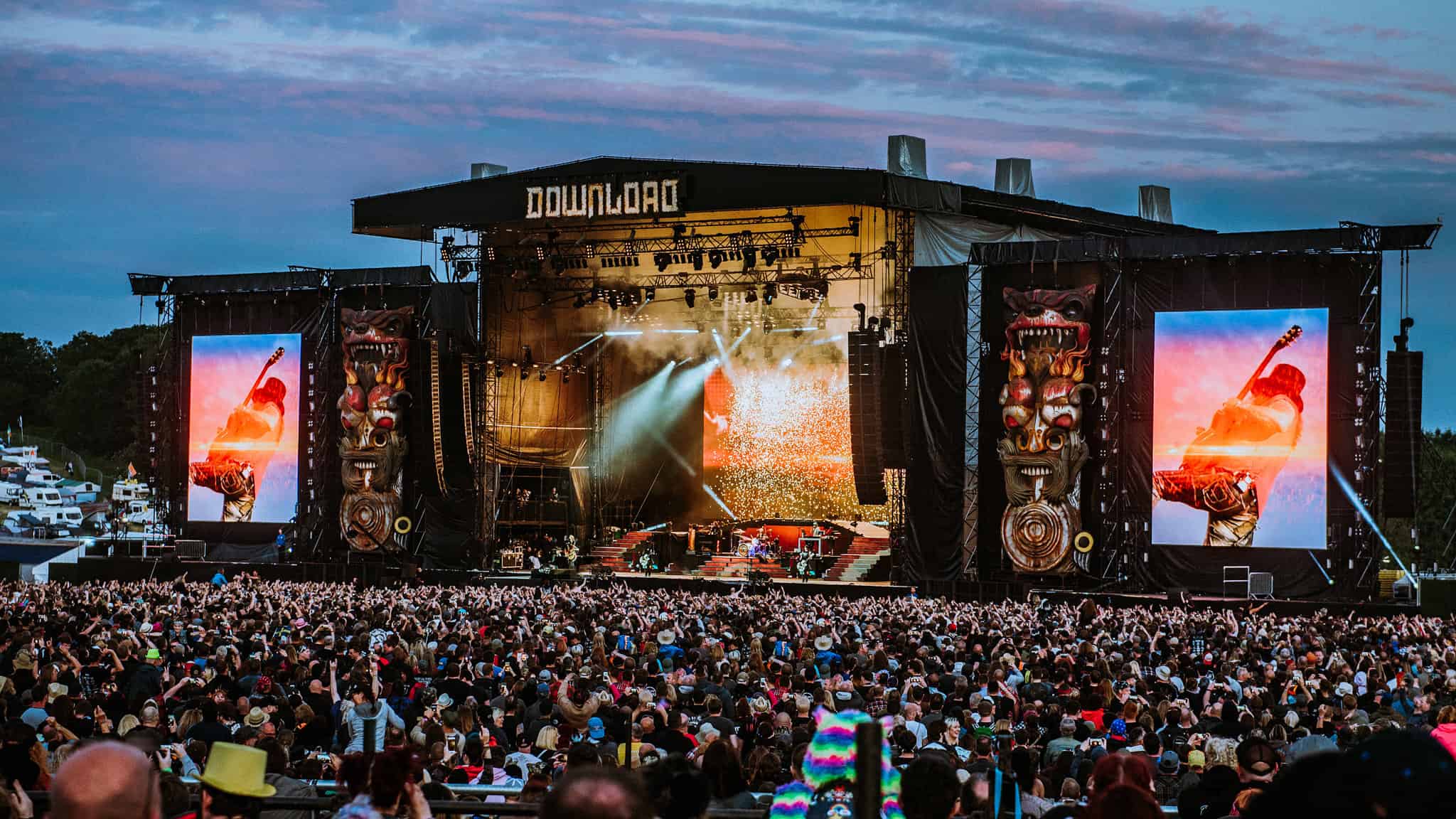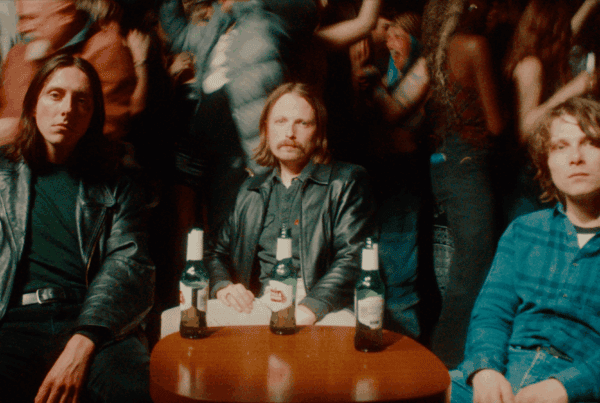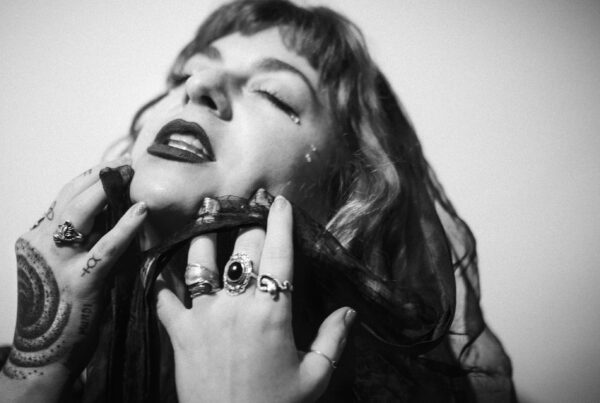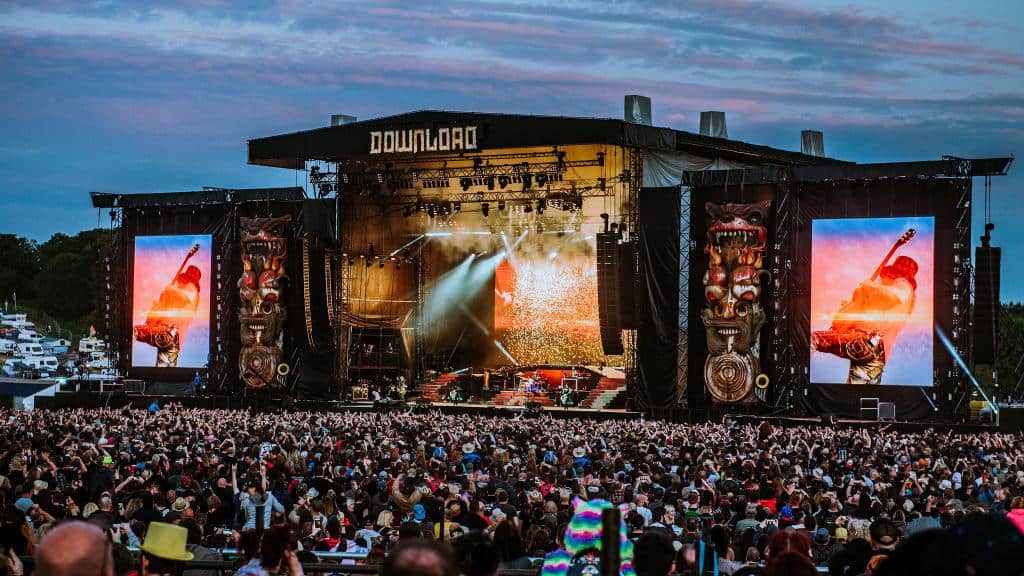In the next installment of his new blog on Soundspheremag.com, Rich Fownes (Bad For Lazarus, Eighties Matchbox B-Line Disaster and UNKLE) Investigates…how gangster rap has aged.
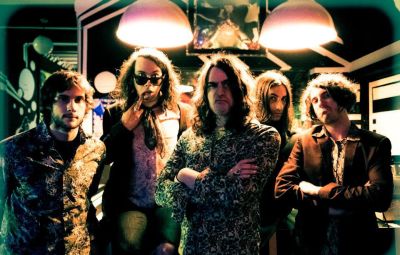
As a child I always noticed how formally my elders seemed to dress. Naturally I assumed that when I got old myself, I too would adopt a plain, well pressed shirt (with optional tie) and corduroy trousers. Now I am approaching my own middle age and I cannot see when, or why, that switch would be made. As I look around me I see the first generation of hip sixty-somethings, sporting well-cut jeans and immaculate pairs of Nike’s. These are no longer the earmarks of alternative, youth culture. After all, the young, forward-thinking revolutionaries of the 60s and 70s are growing their wrinkles while I type. But what are the artistic implications of this?
Within music it is increasingly easy to cite rock ‘n’ rollers that have aged gracefully and even, occasionally, dangerously. Nick Cave’s recent outings pack as much lyrical weight and venom as they ever did. Iggy Pop is still yelping, punching and crowd surfing his way through high-energy gigs. Mick Jagger is still…around as well.
When we look to gangster rap, a notoriously violent and aggressive breed of street poetry, how will these artists fare in their autumn years? After all, most rock artist’s sentiments may swing from introspection to anarchistic manifestos, but you either get them, or you don’t. They are intended as timeless messages, and words of wisdom.
The same cannot be said for gangster rap though. It is possibly the most ideologically specific of genres. After all, if you are not rapping about being a gangster how can you still align yourself with that scene? Surely this is a conundrum that an aging artist faces when violent threats, playful misogyny and shameless boasting just don’t ring true any more. How can you be angry and comfortable at the same time?
Born out of the late 1980s, we are finally getting our first glimpse of how some original artists are approaching this complicated mixture of values. As we are all painfully aware, this genre has lost more than its fair share of trailblazers. The perception that the genre was a pantomime of sorts may have been wishful thinking. Many have fallen foul to the original gangster cliché: the bosses end up dead or in jail. We will never see how, or indeed, whether Tupac Shakur, Eazy E or Notorious B.I.G. addressed their aging careers.
Some are still alive, well and productive though. Snoop Dogg’s first release came in 1992, and those with a sense of humour will have always recognised that his tongue was firmly in his cheek. He never carried the political weight of N.W.A or Public Enemy and nor should he have. Snoop Dogg understood the dramatic, borderline thespian delivery of the genre and played up to it delightfully. Thus growing old has never been a contradiction. “Becky, and Vicky, beggin’ me to give them hickeys, through my Dickies” (2009’s ‘Upside Down’) is particularly amusing coming from a thirty eight year old, happily married, father of four.
Ice-T, a pioneer of gangster rap, has never faltered from his original, hard-nosed delivery. Now a legitimate actor as well, he has resolved this issue of remaining employable in his new market place, yet as credibly dangerous in his old one by taking a more journalistic lyrical slant. “This ain’t RNB, this is ‘Gangsta Rap’, bitches get smacked, bustas get jacked, Front if you want you get lay on your back It’s about guns and drugs and hoes and clubs” (2006’s ‘Gangsta Rap’).
As you can see, while as abrasive as ever, Ice-T has been careful to not directly align himself with the behaviours he is referring to. It’s a far cry from “I got my brain on hype. Tonight’ll be your night. I got this long-assed knife, and your neck looks just right.” (1992’s controversial ‘Cop Killer’). If Ice-T was still as aggressive now, nineteen years later, it would be hard to imagine him scoring the narrator role for last year’s Will Ferrel comedy ‘The Other Guys’. Ice-T may have been aggressive, violent and blunt, but he is definitely not stupid. He has found a clever route to appeasing his old disciples as much as the Hollywood movers and shakers, that so often demand something a little more watered down.
Conversely, Dr Dre has had to totally re-evaluate some of his ideologies. One wanders if ‘Bitches Ain’t Shit” (from 1992’s ‘The Chronic’) would have made the album cut if it had been conceived nine years later, after the birth of his first daughter, Truly. A typically angered, foul-mouthed performer when he was younger. Dr Dre was responsible for producing most of N.W.A’s work. The band most famous in this network for their banned single ‘Fuck The Police’. These days he steers away from any such politics, but hasn’t lost his bragging charms. Now though, he is instead bragging about very different matters. He is no longer boasting of his street-smarts, network of gangster friends or violent credentials: “Oh don’t think I forgot, let you slide, let me ride, just another homicide”. These days he seems to favour explaining how well his record label is doing, that he still enjoys smoking a lot of weed, and how much he likes Eminem, over general, and almost random, intimidation.
So is this gangster rap anymore? It sounds like gangster rap, and it even feels like gangster rap. But to maintain their new, family friendly ideologies (or for want of a better phrase “keep it real”) these old dogs have had to let some violent cornerstones of the genre drop by the way-side, but still find ways to maintain their aggressive delivery.
The next ten years will be interesting, watching these artists delve into their pension funds to afford those diamond rings. It begs the question: “If N.W.A. were to reform would they have to adapt to these ideological differences? Hands up who wants to hear three old men shouting in unison: “Fund The Police!!”?
Keep it unreal.
RF

